Climate change is a man-made problem, but humans aren’t the only animals that will be impacted by warming temperatures and shifting weather patterns. Climate change threatens many coral reefs and other native species, fish and livestock. Scientists are working to address these issues by adapting the gene editing technology known as CRISPR for use in animals.
1. CRISPR-engineered coral reefs
Coral reefs are threatened by many anthropogenic activities, but the effects of climate change are especially potent. Heat waves have already killed half of the coral in the Great Barrier Reef. Scientists have been trying to breed coral for improved heat tolerance, but corals are finicky breeders. Corals also only spawn once per year. That’s a small window. What’s worse, successfully transferring a desirable trait could take several breeding cycles. But the reefs do not have years to wait.
Coral scientists needed a way to speed up evolution to keep pace with the fast changing climate. Last spring, Stanford, the University of Texas, and the Australian Institute of Marine Science teamed up to demonstrate, for the first time, that it’s possible to tweak genes in coral using CRISPR.
2. Protecting livestock with CRISPR
The current climate creates natural barriers that prevent the spread of diseases and the animals that carry them. Climate change will cause weather patterns to shift and with that, the boundaries of some pathogens will shift as well. Since bacteria and viruses tend to fare better in warmer climates, this shift will likely not be a positive one.
As the playground for diseases expands, animals, including livestock, are likely to become threatened by diseases in areas where those diseases were not previously an issue. Fortunately, scientists are already using CRISPR to engineer disease resistance in several livestock including cows, pigs and chickens.
3. CRISPRing cows to produce less methane
We’ve all heard those stats about how cow belching is worse for the environment than cars. Those claims are overblown, but cows really do produce a lot of methane and that methane is not helping with climate change.
Veterinary researchers at the University of Adelaide recently showed that how much methane a cow produces very much depends on that cow’s genetic makeup. That means that genetic engineering could help shrink the big burpers’ carbon hoofprint. CRISPR has already been used to tweak other traits in cows, so methane emission could be a next step.
4. CRISPR helps animals take the heat
Not only will diseases increasingly threaten livestock as a result of climate change, but the rising temperature itself is also a direct threat. Extreme heat can be dangerous for livestock living out in the elements.
Cattle living in the tropics have adapted to high temperatures by evolving a gene called Slick. The Slick gene gives cows shorter hair. In the future, CRISPR could be used to help spread this trait to cattle in regions that will become unbearably warm.
5. CRISPR for aquaculture
Rising ocean temperatures mean that coastal fish will be among the animals most severely impacted by climate change. The threats of climate change on fish are exacerbated by offshore aquaculture that can spread diseases between farmed and wild populations. In addition to an ecological risk, climate change threatens communities that depend on fish for their food and economy.
One potential remedy to threatened fish populations is to move aquaculture farms on shore, where they cannot mix with wild fish and the water temperature can be more carefully controlled. Decoupling fish farms from coasts can also help bring the fish market closer to consumers, thus decreasing the environmental costs associated with transporting seafood.
In order for landlocked aquacultures to be economically viable, fish need to reach market weight faster than they do in ocean cages. Older genetic engineering techniques have been used to develop faster-growing salmon, and landlocked salmon farms are now a reality. Researchers are now looking to CRISPR to prepare other fish species for aquaculture.
The regulatory landscape for CRISPR-engineered animals
When it comes to using CRISPR in animals, the regulatory landscape is much more complicated than it is for plants or microbes. The only genetically engineered animal that has been approved by the FDA for consumption thus far had to overcome the same regulatory hurdles as a veterinary drug. These animals (AquAdvantage salmon) are transgenic, that is, they contain a trout gene not naturally present in that species.
CRIPSR can be used to make much more subtle changes to the genome, changes that could have occurred through natural mutations. For this reason, the USDA has elected not to place any additional regulations on CRISPR-edited plants. This will not be the case for animals.
The FDA has indicated it will regulate CRISPR-engineered animals in the same way it has historically regulated transgenic animals — as if they are veterinary drugs. Scientists argue that these regulations will likely stall the progress and impact of CRISPR research.
O artigo foi publicado originalmente em Cornell Alliance for Science.



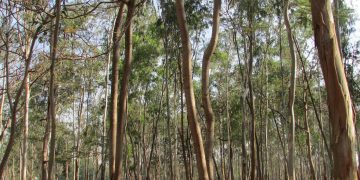
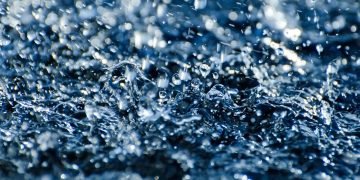

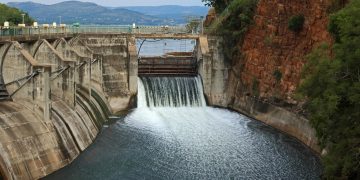
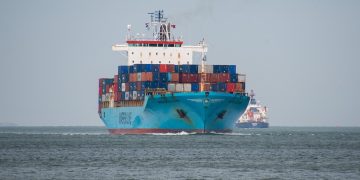














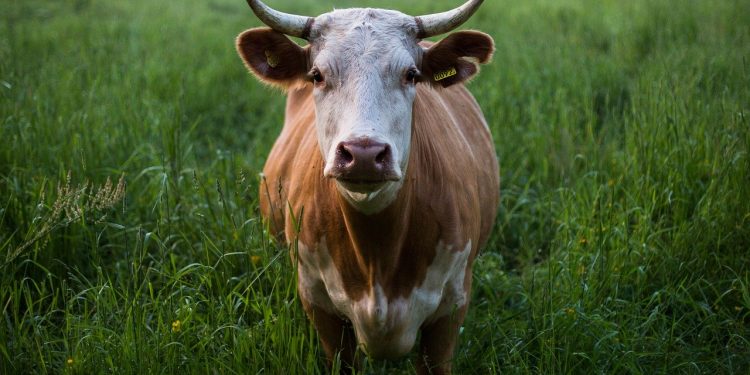
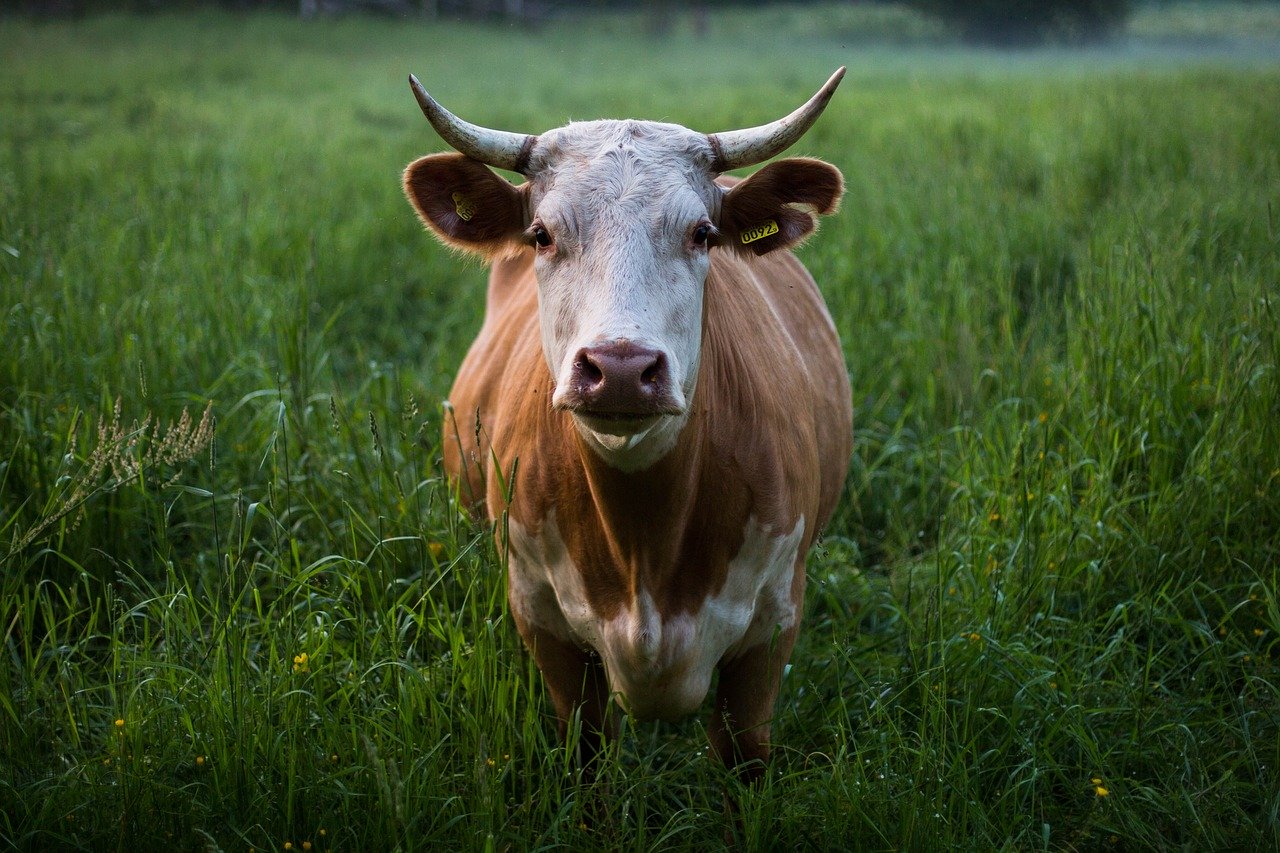
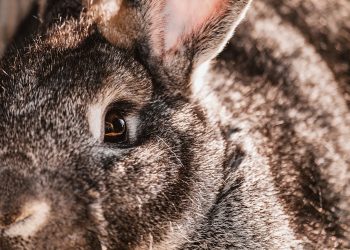
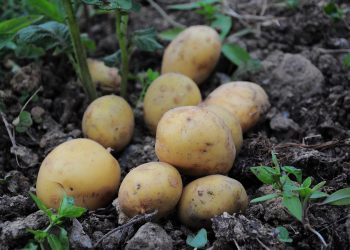
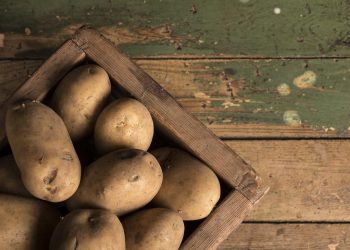



























Discussão sobre este post